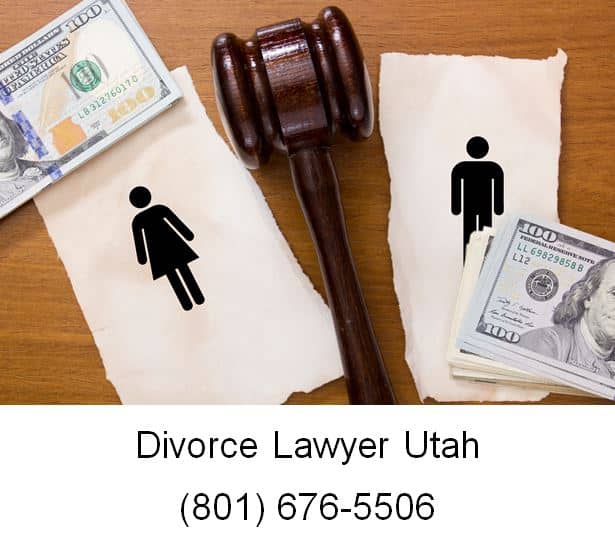Resolving child custody and visitation issues is often a complicated process fraught with emotion, and perhaps never more so when a baby or an infant is involved. While the “best interests of the child” is the standard typically applied by judges in awarding custody, it may be less clear with infants who can and should be caring for them.
The ability to attach and bond to a caregiver is an important developmental milestone for babies that can affect their mental health for the rest of their lives. While mothers were once traditionally considered the best de facto caregivers, this has changed in recent years. Some states award custody on specific factors, while other states allow judges a wide berth in determining the crucial elements in determining custody.
For infants, this might include a mother who is breastfeeding or whether or not a parent can spend a generous amount a time with the baby. Fathers who can show that they have consistently cared for the infant may receive greater consideration than those with less involvement in their child’s life.
Demonstrating caregiving capability is essential in Child Custody Cases
Even if both parents can demonstrate that they have competently cared for an infant — including handling overnight care on a regular basis — judges may award custody based on the special needs of infants to have predictable schedules. Another consideration is ensuring that both parents have the necessary access and time to each bond with an infant, which may necessitate a schedule of visitation that alternates daily, or arranging for the child to be seen by a parent during the daytime even if it coincides with another parent’s primary parenting time.
Proposed Changes to State Custody Laws Strengthen Fathers’ Rights
For many years, fathers have argued for more parity in custody arrangements. But instead of making their case to a judge, they are now helping promote bills that would alter state laws pertaining to custody arrangements.
As recently reported by the Wall Street Journal, 20 states are currently considering legislation regarding shared parenting. The proposals call for judges to “maximize” time spent with each parent. In Utah and Washington State, the proposed law requires equal time among parents unless a judge deems it in the best interest of the child to rule otherwise.
Opponents of the bill are concerned that limiting the discretion of judges may not end up actually reflecting the true parenting needs of the child, which can be difficult to ascertain. Advocates worry that this will provide undue advantage to fathers who have been physically or emotionally abusive if a de facto time split is implemented. Additionally, they suggest that the laws primarily affect cases where parents are particularly hostile to one another and unable to sustain cooperative agreements without court intervention.
Those favoring the legislation point to studies that indicate that shared parenting responsibilities have been demonstrated to improve outcomes for children. They argue that without more time with their children they are not able to actually parent and supply those benefits two-parent children enjoy.
Although it is unlikely that all 20 bills will pass, advocates are hoping that passage of even just a handful of bills can be leveraged to continue promoting a movement toward shared parenting and more significant parental rights for fathers.
Free Consultation with a Child Custody Lawyer
If you have a question about child custody question or if you need to collect back child support, please call Ascent Law at (801) 676-5506. We will aggressively fight for you.
8833 S. Redwood Road, Suite C
West Jordan, Utah
84088 United States
Telephone: (801) 676-5506
Recent Posts
Employer Responsibilities for Worker’s Compensation
Parent Visitation Attorney Utah
At What Time of Year is Divorce Most Likely?
When Do You Have to Go Through Probate?
via Michael Anderson https://www.ascentlawfirm.com/child-custody-for-babys/
















